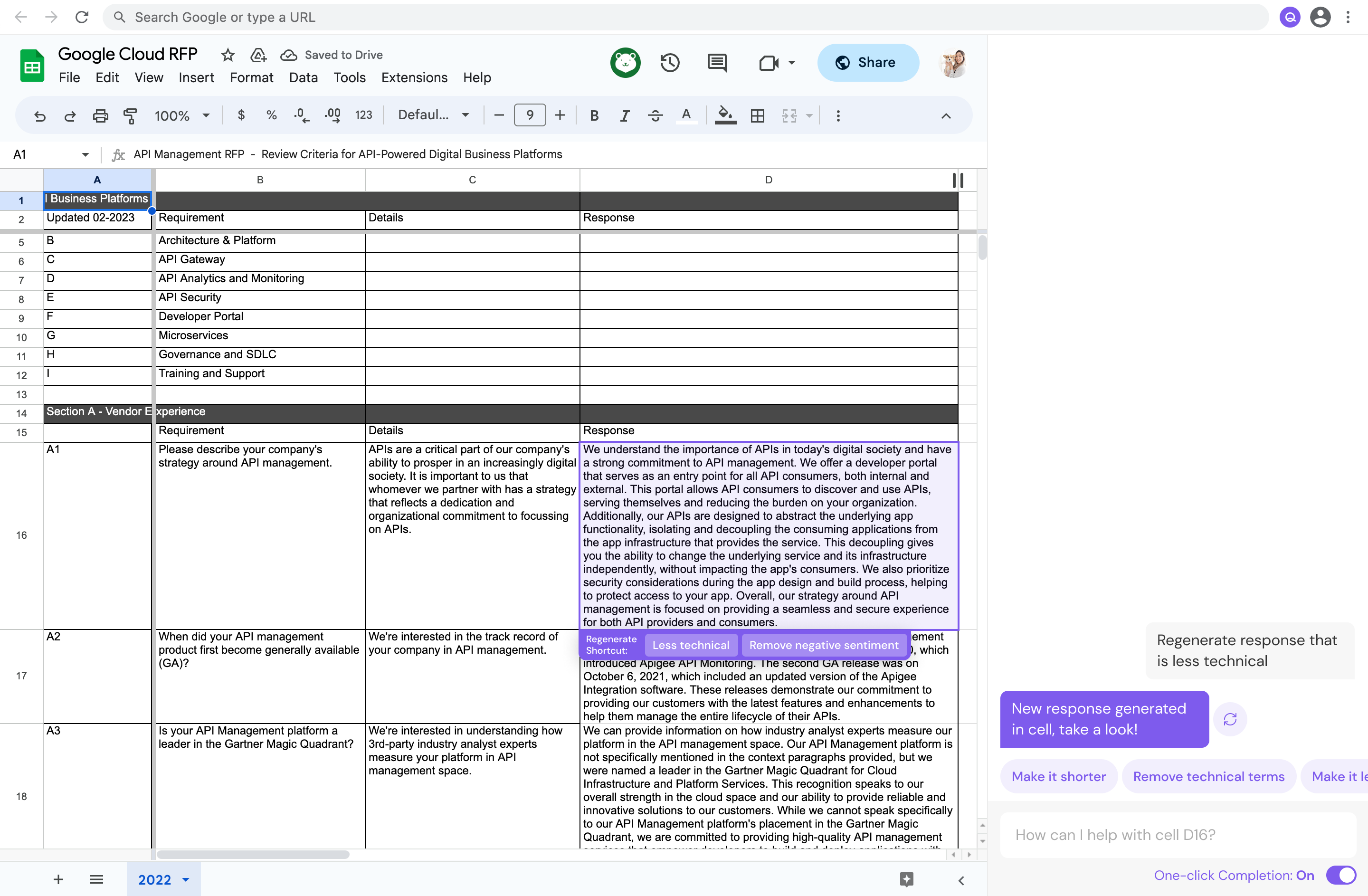Quilt is building AI assistants for solutions teams

The job of so-called “solutions professionals” — people like sales engineers, solutions architects and consultants — revolves around pitching complex enterprise tech to potential customers. It’s important work. But despite this being the case, rarely are solutions teams adequately staffed and resourced, according to entrepreneur Dan Chen.
“Solutions teams bring technical credibility to the selling motion and help the customer understand exactly what they’re buying and why,” Chen told TechCrunch in an interview. “They’re the unsung heroes of the business-to-business sales organization, yet they’re consistently overlooked.”
Chen, previously a partner at Andreessen Horowitz and Sequoia Capital and the co-founder of Hero, a Salesforce support app that HR startup People.ai acquired in 2021, believes the answer lies in AI — specifically generative AI. So with his friend Michael Graczyk (with whom Chen also co-founded Hero), he created Quilt, a platform that hosts AI assistants for solutions sales teams.
“Two things happened in 2022 that made Quilt possible,” Chen continued. “First, the market correction caused an abrupt 180 from ‘grow at all costs’ to ‘do more with less’ … Second, the launch of [OpenAI’s] ChatGPT in late 2022 led to an explosion of new products and services built off of publicly available pre-trained [AI] models.”
Quilt’s core products are AI-powered assistants designed to help solutions engineers with tasks like filling out requests for proposals, answering basic technical questions and prepping for demos. The assistants, Chen says, can complete security and due diligence questionnaires, field questions from reps via Slack and summarize the contents of notes, calls and research ahead of customer meetings.
That all sounds like pretty standard workflow automation stuff. But Chen insists that Quilt is uniquely able to incorporate engineers’ technical knowledge and “understand context.”
“Quilt saves [teams] time with routine tasks so they can spend more time with customers and help win more deals,” Chen said.
But what about generative AI’s tendency to “hallucinate“? It’s no secret that models like ChatGPT and Microsoft’s Copilot make mistakes in summarizations — including, problematically, in meeting summaries. In a recent piece, The Wall Street Journal cited an instance where, for one early adopter using Copilot for meetings, Copilot invented attendees and implied that calls were about subjects that were never discussed.

Quilt’s AI can automatically fill in forms and questionnaires, drawing on data from solutions teams and company databases.
Chen asserts that Quilt is less prone to such hallucinations because its models and training procedures “separate facts that the model ‘knows’ from facts in enterprise data.”
“Most AI startups continue to understate hallucinations and how they can damage customer trust,” he said. “Sales teams won’t use tools that make things up and fill in details with fake information.”
But what about how Quilt handles data? Surveys show that many businesses are concerned about the privacy and security risks associated with generative AI. Apple, Samsung and Verizon among others have reportedly limited internal use of tools like ChatGPT out of fears employees would expose sensitive information to them.
Chen says that Quilt doesn’t share data across organizations and allows users to request that their account — and data — be deleted at any time.
Those assurances appear to have been enough to allay the concerns of investors, for what it’s worth. Sequoia recently led a $2.5 million seed round in Quilt, with participation from angel investors hailing from DataDog, HubSpot, DoorDash, Asana, Eventbrite and a16z.
It’s early days — Chen wouldn’t reveal the names of any Quilt customers. But, fueled in part by the seed capital, Quilt has plans to grow its six-person team, scale up its go-to-market efforts and “accelerate the development of the next solutions assistants,” Chen said.
“Over the next two years, AI will be a key factor between the best-performing sales orgs and the worst,” he added. “For large, complicated and often technical products, solutions teams are the backbone of the sales process.
Chen might have a point. In terms of sales functions broadly, there’s a lot of interest in what generative AI can accomplish — and what applications it can expedite.
According to a 2023 survey by sales execution platform Outreach, 62% of sales orgs are already actively using generative AI for use cases like enhancing customer interactions, updating customer relationship management data and responding to requests for proposals. There’s hesitancy among some — 42% of respondents said that they were worried about the tech’s inaccuracies. But the majority believe generative AI has the potential to boost productivity by streamlining existing tasks.
“Given the kinds of customers Quilt is working with, we’re well-positioned to be the preferred AI partner for solutions teams,” Chen said.
Source link




